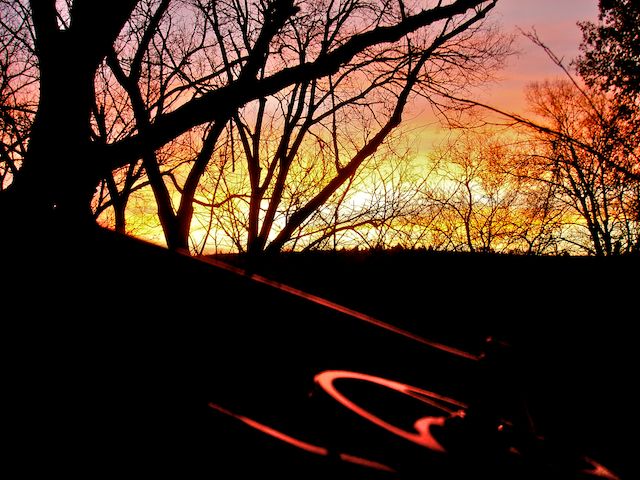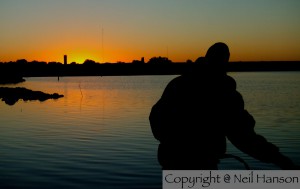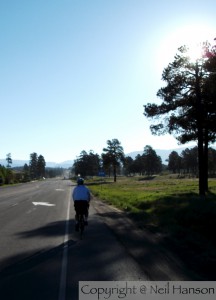As I write this post, the Jewish calendar is bringing a little known but intriguing holiday to a close. After the High Holidays have passed each year, the holiday of “Sukkoth†requires the faithful to move from the comfort of their homes into temporary “huts†constructed on porches, backyards, and driveways. I’m sure there are many dimensions to this holiday, but the aspect I’m fascinated by just now is the shift of focus from materialism and greed as the center of our lives over to a focus on spirituality as the center of our life.
There are traditions within many religions that draw the worshipper into a time of asceticism, though in our comfortable and pampered life we like to ignore these traditions whenever we can. It’s just so much bother, you know, and really, isn’t it much more efficient and enjoyable to just do the fun traditions?
Sukkoth doesn’t seem to be about asceticism just for the sake of sacrifice. Rather, I get the strong and consistent message that it’s more about separating myself from the vast material comforts that I enjoy, in order to bring my focus back to my “place†here on earth, and how my actions and my life impact Creation as a whole. Like the short moment of prayer many families share as they sit down to a meal, letting us take a breath and truly appreciate the gifts and bounty we’ve been given.
Focus. As a hunter and a birder, I use binoculars (or field glasses) a lot. When using them, it’s important to move them to your eyes, then away from your eyes. Back and forth, seeing the big picture, then zooming in on detail. So long as my eyes are seeing the world through the glasses, they don’t have the ability to see the big picture.
Day to day, we’re so focused on “bringing home the baconâ€, or “getting ahead at the officeâ€, or even on watching the football games or “face-bookingâ€, that we fail to see the big picture. We walk through life with the binoculars against our eyes. (Try that sometime, by the way, and see how quickly you stumble and fall…)
During Sukkoth, we take the binoculars away from our face, and see the world around us. We see our place in the world, and spend a little time understanding how our actions impact those around us. In our “me-oriented†culture of selfishness, we like to focus a lot more on “rights†than on “responsibilitiesâ€. We like to think we can do whatever we want within the law – that this is our “rightâ€.
Reminds me of this old story, “A man in a boat begins to bore a hole under his seat. The other passengers in the boat with him protest. ‘What concern is it of yours?’ he responds, ‘I’m making a hole under my seat, not yours.’â€
We’ve undergone a radical and dangerous transformation in our culture in recent years, resulting in a consumer-based economy that puts more value on “cheap†than it does on “right†or “goodâ€. Our homes and driveways are filled with the results of this destructive transformation. Of the 100 largest economies in the world, over half of them are large corporations – less than half are actual nations. My vote as a consumer might matter more in the world today than my vote as a citizen of a nation. How wisely do I vote?
While I’m not Jewish, I think I can learn a good deal from this holiday. I’ve never taken the time to see a relationship between Yom Kippur and Sukkot in the past, but I see it this year. My need for atonement reaches deep across the world I live in and my place in that world. Creation, atonement, and my place in the picture.
A week spent eating and sleeping in a cardboard hut might do me good.
This year, as I spend my time living a simple and sparse life in the woods while I hunt, I’ll think a lot about Sukkot. The time is always a very spiritual time for me, but this new understanding opens a path for even greater reflection and meaning.
And I’ll be sure and take the binoculars away from my face when I want to walk…












